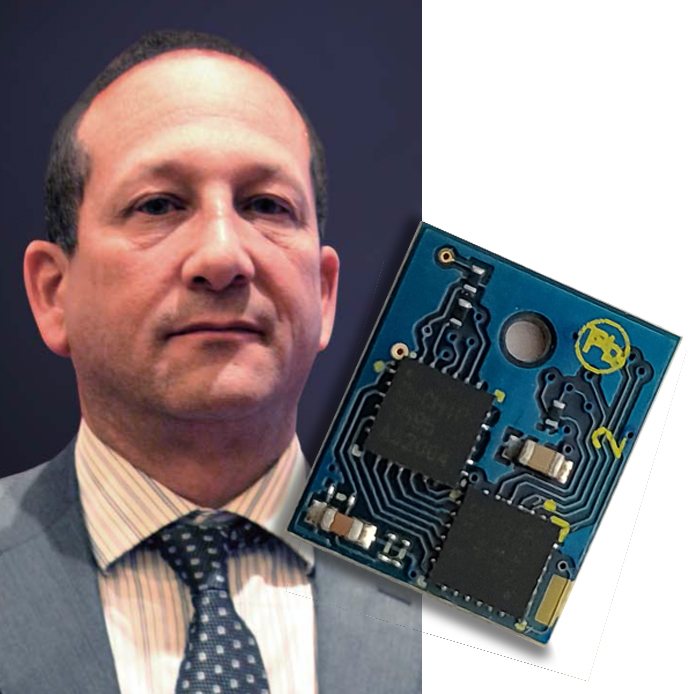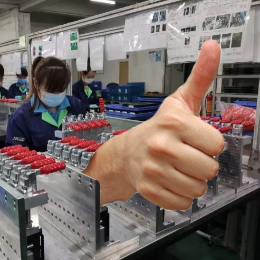Chip Inventor Claims a Better Lexmark LW75 Solution
Chip Inventor Claims Better Lexmark LW75 Firmware Solution
 Cartridge manufacturers and remanufacturers impacted by Lexmark’s recent firmware update have been provided with a swift solution.
Cartridge manufacturers and remanufacturers impacted by Lexmark’s recent firmware update have been provided with a swift solution.
Steve Miller (pictured), president of UI Industries (UII) said, “UII identified new self-activating firmware changes located within Lexmark’s most recent LW75 firmware and has released chips compatible with these new firmware changes.”
Miller explains these self-activating firmware changes are not active when the LW75 firmware is initially installed in a printer, but they activate after a certain amount of time or when other combinations of events occur.
According to Miller, each self-activating firmware change in the LW75 firmware activates new attacks designed to disable aftermarket chips. He claims end-users never know when the self-activating firmware will attack.
His chip manufacturing company has developed a chip for use in Lexmark printer cartridges that are not susceptible to these self-activating attacks, including 32.16, 32.40, or 32.50 errors caused by this new firmware.
“Unlike other aftermarket chips, UII’s current chips are not susceptible to these self-activating attacks,” Miller emphasised.
 More information is available online or by emailing Marco Torello in Europe, Kevin Hong in Asia or Bob Rauber in the Americas, or elsewhere.
More information is available online or by emailing Marco Torello in Europe, Kevin Hong in Asia or Bob Rauber in the Americas, or elsewhere.
Steve Miller became interested in cartridge remanufacturing in 2002 with an interest and focus in chip technologies. He invented Universal Multi-brand and Multi-region chips and has been granted more than 40 US and foreign patents related to the cartridge remanufacturing industry.
According to Miller, his “Standard” version chips offer the same compatibility and yield as the OEM. However, unlike the OEM, these chips are universal and also multi-regional which means they are not restricted to any particular region and can function throughout the world including the US, Latin America, Europe, Asia and the Pacific.
To satisfy the demand of multifunction printers, his “MPS” chips allows for higher yields in smaller as well as MPS devices. “The OEM E260 maximum yield is 3.5K,” Miller said. “However my UII MPS chips offer a choice of 3.5K, 6K, 9K, 15K and even an 18K yield that functions in the E260 printer.” They are also universal and multi-regional.
Miller added, “All chips are developed and assembled in the U.S.A. to ensure the highest level of quality control and customer service.”
Related:
Lexmark Printer Firmware Update – Chip Solution in Hand
Comment: What is your opinion about the Lexmark firmware updates and this chip inventor with a better Lexmark solution? Add your comments below





Leave a Comment
Want to join the discussion?Feel free to contribute!